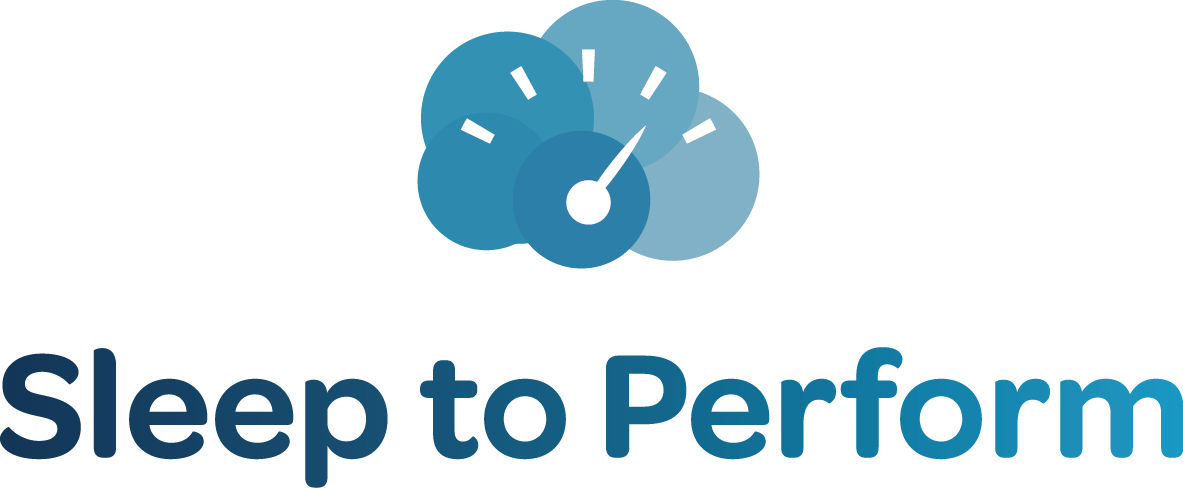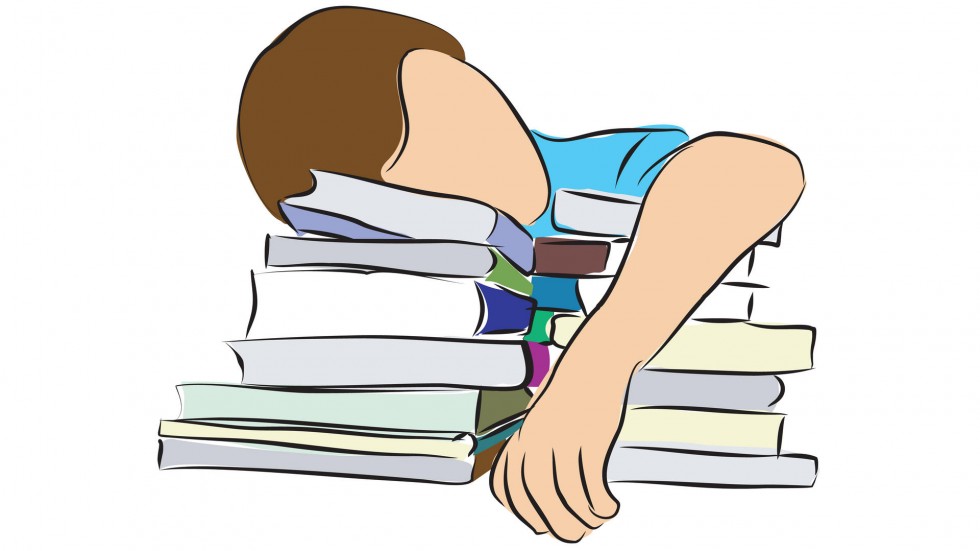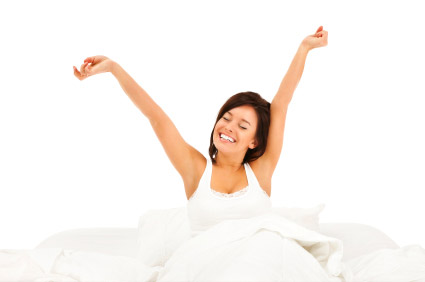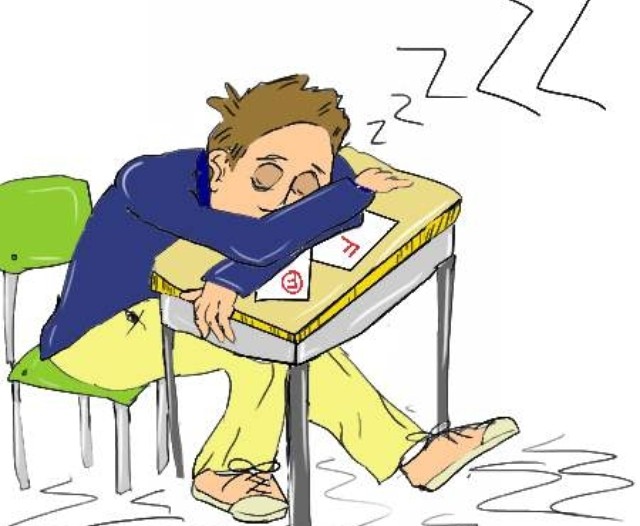Sleep for Top Performance
When it comes to athletic performance, many people think the combination of diet and training is the key to success. Conscious eating and physical conditioning are crucial to strong performance as an athlete, but what if we told you sleep is equally as important? : moPharma
It’s true! Quality sleep at night is often the key to winning the day, for everyone from the pros to the rec league basketball player and the weekend 5k racer.
Sleep Leads to Recovery:
Sleep is the best way to recover after a rigorous training session. We may be resting, but our bodies use this time to repair themselves from the wear and tear of training. While we sleep, our bodies release natural growth hormones that stimulate bone building, muscle growth and repair, and fat burning. Sleep supports cognitive functions like memory retention, which help us learn and remember new skills and body movements. Also, our bodies use the time we spend asleep to store energy that will be used during the next round of physical activity. Sleep deprivation can be disastrous to physical performance because shorter sleep periods don’t provide the body with sufficient opportunity to regenerate cells and repair from the stress of workouts, games and daily activities.

Importance of Sleep
Too Tired to Compete
Athletic activity puts a lot of demands on both your body and your brain. Without sleep, neither can keep up the pace and both will fatigue at a faster rate. This fatigue affects reaction time and the body’s immune system, meaning that sleep-deprived athletes are more susceptible to illness and injury. Also, research from the National Sleep Foundation suggests that lack of sleep leads to increased levels of stress hormones. These hormones can trigger your body to go into a catabolic state, causing it to break down muscle and store fat – the exact opposite of what anyone normally needs.
Keep it Cool
Everybody is different, but athletes tend to sweat more during their sleep. This is because their metabolic rate is higher than average, and the extra metabolic activity and corresponding blood flow can lead to many athletes feeling like they “sleep hot.”
Good Sleep Can Improve Concentration and Productivity
Sleep is important for various aspects of brain function. This includes cognition, concentration, productivity and performance. All of these are negatively affected by sleep deprivation. A study on medical interns provides a good example. Interns on a traditional schedule with extended work hours of more than 24 hours made 36% more serious medical errors than interns on a schedule that allowed more sleep. Another study found that short sleep can negatively impact some aspects of brain function to a similar degree as alcohol intoxication. On the other hand, good sleep has been shown to improve problem-solving skills and enhance memory performance of both children and adults.
More Work Productivity
We’ve already addressed how more rest can help you feel rejuvenated and more alert. Your mind and body are both in sync and you’re full of energy. This wouldn’t happen if you were suffering from sleep loss. We’ve all had those days where we get up for work and literally drag our bodies around until we can go home.This can lead to underperformance at work and can make you look really bad to your boss and coworkers. Just try and get at least 1-2 hours of sleep each night and you’ll notice a huge difference in your work productivity within a matter of a few days. In fact, others may notice it, too!
Poor Sleepers Have a Greater Risk of Heart Disease and Stroke
It’s known that sleep quality and duration can have a major effect on many health risk factors.These are the factors believed to drive chronic diseases, including heart disease.A review of 15 studies found that people who don’t get enough sleep are at far greater risk of heart disease or stroke than those who sleep 7–8 hours per night.
Sleep Affects Glucose Metabolism and Type 2 Diabetes Risk
Experimental sleep restriction affects blood sugar and reduces insulin sensitivity. In a study in healthy young men, restricting sleep to four hours per night for six nights in a row caused symptoms of prediabetes. These symptoms resolved after one week of increased sleep duration. Poor sleep habits are also strongly linked to adverse effects on blood sugar in the general population. Those sleeping less than six hours per night have repeatedly been shown to be at an increased risk of type 2 diabetes.
Poor Sleep Is Linked to Depression
Mental health issues, such as depression, are strongly linked to poor sleep quality and sleeping disorders. It has been estimated that 90% of people with depression complain about sleep quality. Poor sleep is even associated with an increased risk of death by suicide. Those with sleeping disorders like insomnia or obstructive sleep apnea also report significantly higher rates of depression than those without.
Sleep Improves Your Immune Function
Even a small loss of sleep has been shown to impair immune function. One large two-week study monitored the development of the common cold after giving people nasal drops with the cold virus. They found that those who slept less than seven hours were almost three times more likely to develop a cold than those who slept eight hours or more. If you often get colds, ensuring that you get at least eight hours of sleep per night could be very helpful. Eating more garlic can help as well.
Poor Sleep Is Linked to Increased Inflammation
Sleep can have a major effect on inflammation in your body. In fact, sleep loss is known to activate undesirable markers of inflammation and cell damage. Poor sleep has been strongly linked to long-term inflammation of the digestive tract, in disorders known as inflammatory bowel diseases. One study observed that sleep-deprived people with Crohn's disease were twice as likely to relapse as patients who slept well. Researchers are even recommending sleep evaluation to help predict outcomes in individuals with long-term inflammatory issues.
Sleep Affects Emotions and Social Interactions
Sleep loss reduces your ability to interact socially.Several studies confirmed this using emotional facial recognition tests. One study found that people who had not slept had a reduced ability to recognize expressions of anger and happiness. Researchers believe that poor sleep affects your ability to recognize important social cues and process emotional information.
Fewer Migraines & Headaches
Also according to WebMd, sleeping less can actually trigger headaches and migraines due to an imbalance of serotonin and dopamine levels upon waking up either at the wrong time or with too little sleep. Surprisingly enough, not only headaches can be limited with more sleep, but so can certain forms of cancer!
Learn Better
Have you ever gone to class after a long night of partying? Or maybe gone to work after a night of restless sleep? You obviously don’t perform as well as you would have had you gotten a healthy night’s rest before you had to be there. It pretty much goes without saying that a good night’s rest will help you with your performance in your everyday life, and you don’t need a special source to tell you that.Did you know that if you study something before sleeping, you are more likely to commit what you learned to long term memory after following it with a healthy night’s rest? The people at Healthy Sleep agree with this and many other benefits to memory when it comes to sleep.
Improves Memory
So, when you learn something new or are introduced to a new skill, these information creates a new memory in the brain. But in order for this new found knowledge to remain intact and stick, your brain needs to retain it. Once upon a time, scientists believed that this could be done with the simplicity of passing time.But now, with new research, they’ve found that sleep actually plays a larger role in this.It’s called memory consolidation and only occurs when the brain is well rested. So the next time you’re studying for a test or trying to remember important information of any kind, take a cat nap right after and you’ll increase your chances of retaining it.
Sleep is Essential
Most athletes simply would not believe you if you promised a treatment that could naturally increase growth hormones, improve muscle and tissue recovery rates, help prevent illness and injury, and reduce stress levels. The truth is, sleep does it all – no pills or powders needed!
If you are looking to build your next (or first) mobile app and need help with one or more of these steps, you’re in luck! The moPharma Group welcomes app owners at any stage in this process. Whether you are a startup or Fortune 50 company, we have the team and knowledge needed to deliver a fantastic mobile app. Please don’t hesitate to write us today.





Discuss about post